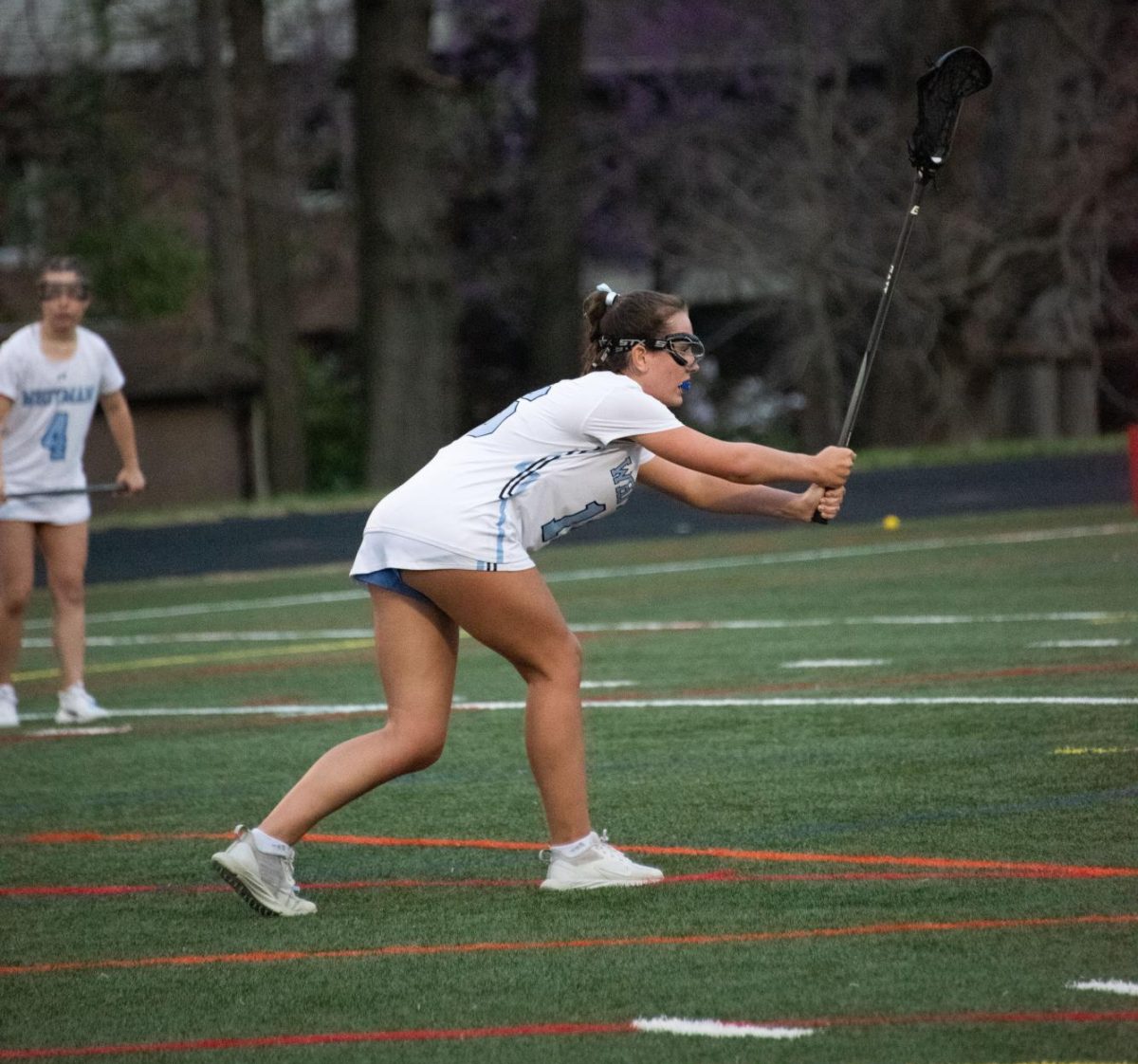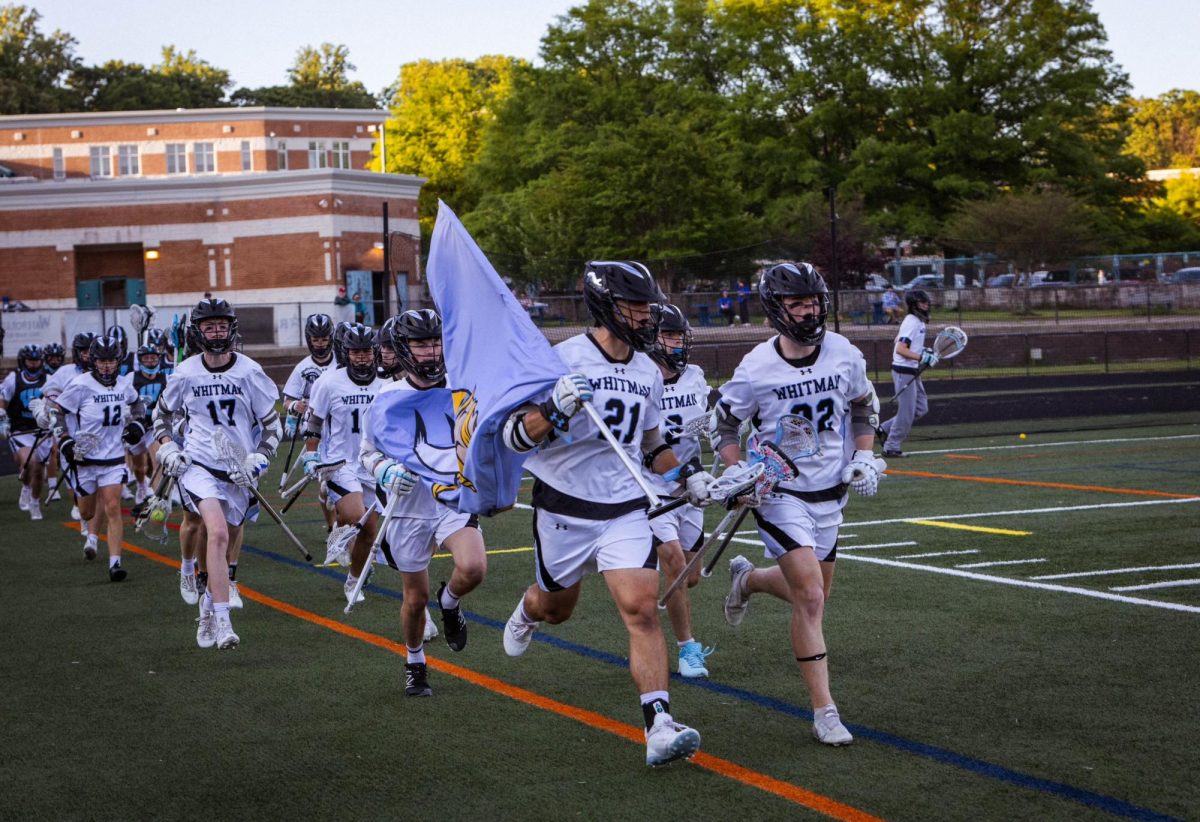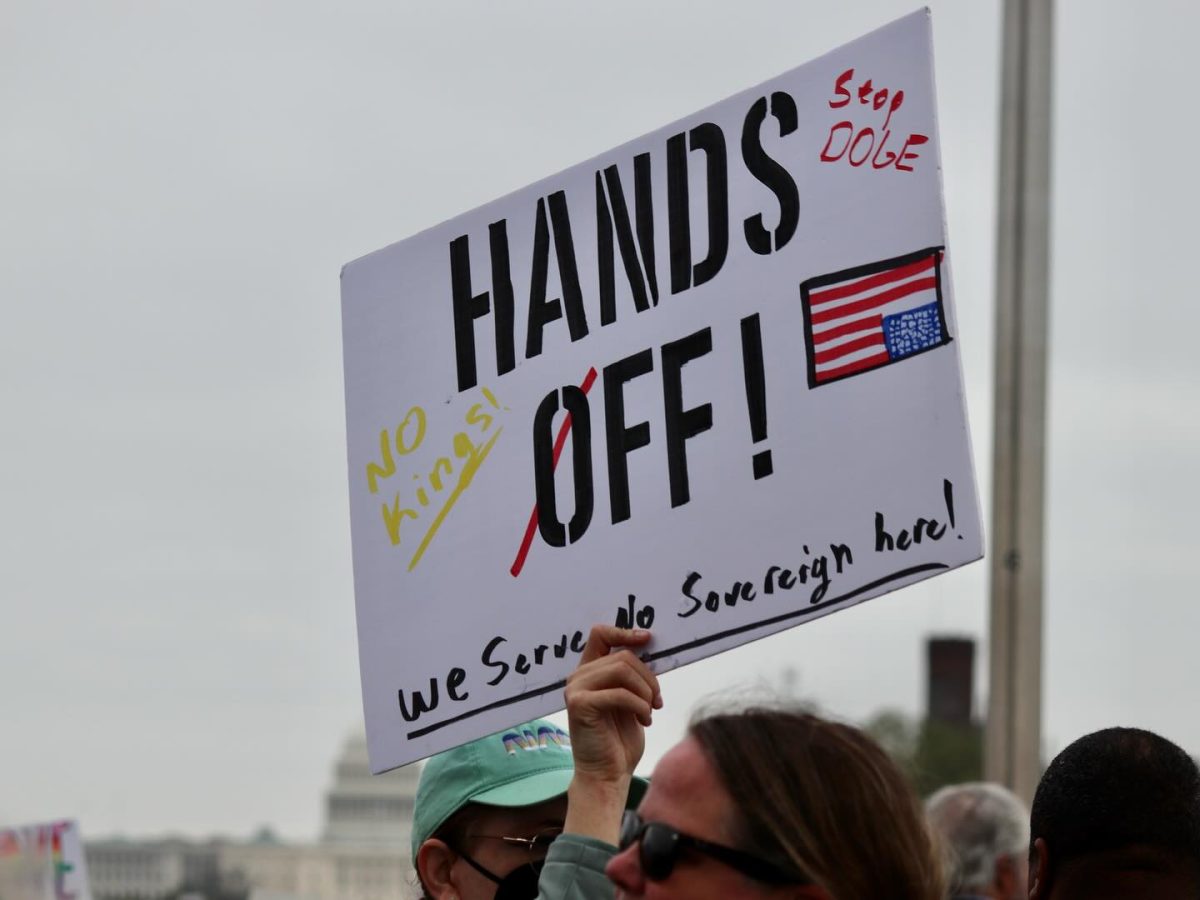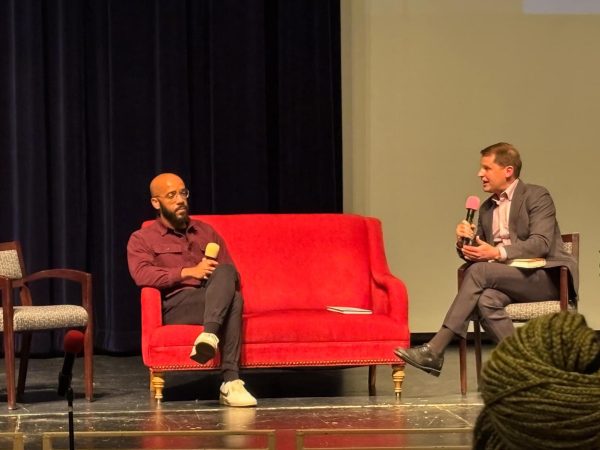Report finds large disparity in after-school program opportunities within the county
May 24, 2019
The Montgomery County Council’s Office of Legislative Oversight released a report March 19 that found major disparities in the number of after-school programs available at county elementary schools.
After-school program providers usually must obtain a permit for a room reservation; each permit is considered a “booking.” The report found that the 77 elementary schools with more than 25 percent of students eligible for free or reduced-priced meals, an indicator of a school’s relative economic status, had almost 5,000 fewer after-school program bookings in total than the 56 schools with fewer low-income students.
At lower-income schools, a difference of thousands of bookings can mean the difference of hundreds of kids becoming passionate about a topic or even just being adequately stimulated, policy and communications manager of Every Hour Counts Ally Margolis said. Every Hour Counts is a national coalition to promote additional learning outside of the classroom.
“It’s critical that kids today have more outlets to learn so they’re prepared for college and careers,” Margolis said. “But students from underserved communities, who most need more learning opportunities, are the least likely to have them.”
The Office of Legislative Oversight made several recommendations to increase opportunities for students at lower-income schools. They suggested providing funding for after-school activity transportation, increasing elementary school teacher stipends and increasing funding for the Excel Beyond the Bell program―a public-private partnership that offers accessible out-of-school programs for students.
The Collaboration Council, a nonprofit that works with public and private service providers to help students and schools in the County, created the EBB program. The program works with the Council, the Recreation Department, MCPS and non-profit out-of-school-time organizations to create enriching and accessible after-school activity opportunities, like homework help and exercise programs, executive director of the Collaboration Council Terrill North said.
North said that after increasing funding for after-school programs, the county needs to ensure that after-school activities are high quality. North also wants to see the EBB program spread to more schools; currently, there are just seven schools participating.
“The OLO report highlighted a basic, but well-known truth: there is not enough out-of-school-time programming in Montgomery County to meet the need,” North said.
MCPS has begun to use more resources in an attempt to close the achievement gap between white and minority students, funding research around potentially altering school boundaries to integrate more schools and create more opportunities and support for low-income students.
“I know that I’ve benefited a lot from after-school programs since elementary school,” junior Rachel Straus said. “All kids should have the same opportunities I had and should be able to have homework help or play soccer.”
When the Board of Education finalized its proposed budget for 2020 in February, the budget included $50,000 for after-school programs at “high-needs elementary schools.” But the budget proposed Mar. 15 by county executive Marc Elrich would underfund BoE’s entire request by about $12.5 million and didn’t include funding for the EBB program.
“Frankly, we’re in a tough spot on the Council to be able to find this money which has been a priority of previous councils,” councilmember Andrew Friedson (D-1) said. “We’re going to try to figure out how to do it, but given the fact that the county executive hasn’t included any in his recommended budget, we effectively have to cut from other areas in order to make this priority area happen.”










